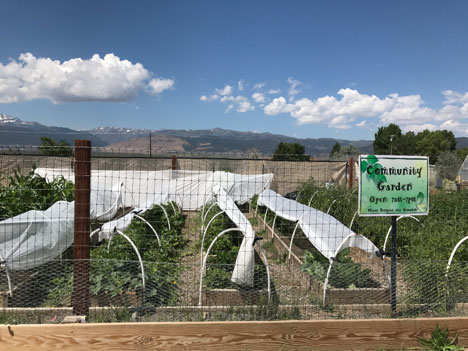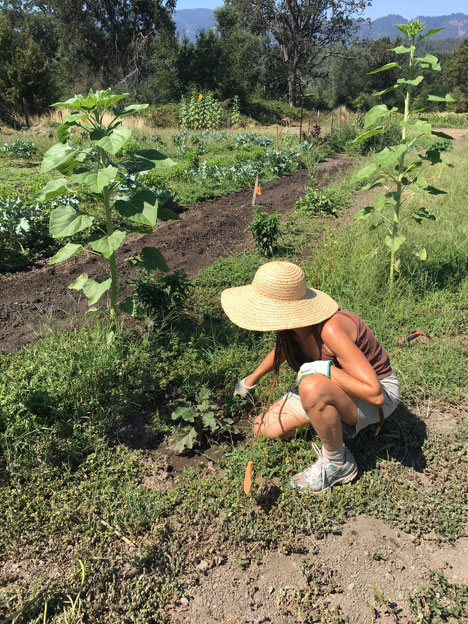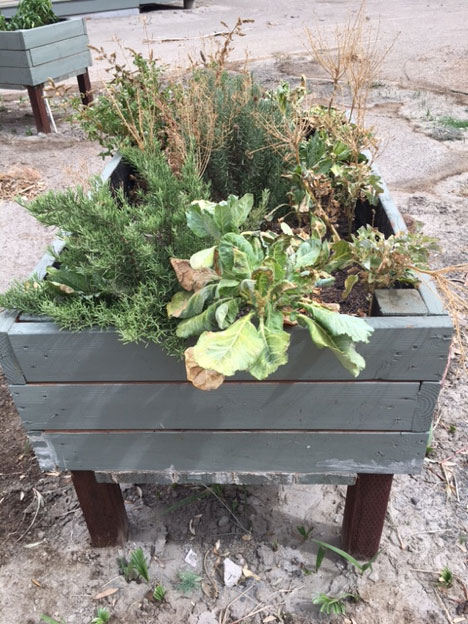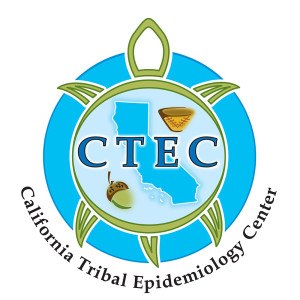Findings from qualitative interviews indicated that sites chose to implement ACORNS Community Gardens to improve community policies/programs for health, improve access to fresh fruit and vegetables, and reduce chronic health conditions among community members. However, results revealed an added benefit of ACORNS Community Gardens: They contribute to improved mind, body, and spirit among community members. Across all sites, stakeholders who frequently influenced policy, system, and environmental changes for ACORNS Community Gardens were tribal leaders, health clinic staff and patients, health board members, and external partners.
During the interview process, ACORNS sites reported noteworthy successes and challenges in implementing ACORNS Community Gardens.
Successes included brainstorming, researching, and learning about gardening as well as being able to focus on community strengths instead of community deficits. Challenges included bugs, harsh weather, limited initial knowledge of gardening, difficulty in trying to change people’s minds, unforeseen costs, access issues (e.g., locks, gates), and time commitment.
In the coming months, CTEC will compile information from qualitative interviews in a fact sheet for ACORNS sub-contractors and other partners that support the CDC GHWIC initiative.
For more information about CTEC, visit https://tribalepicenters.org/california-tribal-epidemiology-center/ and www.crihb.org/ctec.





